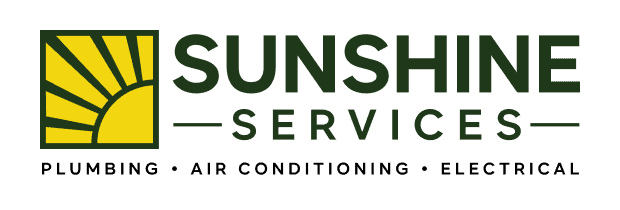


FREE Water Heater
With every whole house repipe purchase. Free brand-new water heater or credit towards a tankless water heater.
.svg)
.svg)
.svg)
.svg)



With every whole house repipe purchase. Free brand-new water heater or credit towards a tankless water heater.
.svg)
.svg)
.svg)
.svg)

A sewage backup is a significant inconvenience that, depending on the size and scale of the spillage, can displace families from their homes for a few hours to several days. Sewer water is rife with contaminants, bacteria, and viruses that pose severe health risks to those exposed to it. Not to mention, as with any kind of flooding, sewage backup can lead to property damage and may even cause fires should the water reach any plugs, electrical outlets, or live wires.
Without a doubt, sewage backup is a serious issue, so we recommend that homeowners immediately seek the help of residential plumbing experts should their home be afflicted. The following is a helpful guide for what to do in the event of sewage backup and how to prevent it.
For more information or to schedule plumbing services, contact the professionals at Sunshine Services!
Once discovered, there are essential safety measures that you should take to limit the spread of water and bacteria stemming from sewage backup, including the following.
It’s crucial to remember that unclogging should not be attempted until the area has been completely rid of contaminated water. Also, for insurance purposes, photograph the spillage and affected areas as evidence for your claim.
We highly recommend leaving the cleaning to a professional to ensure the home will be sufficiently sanitized. In cases of very minor spills, homeowners can attempt to clean and sanitize affected areas if they so desire. However, it’s still recommended to seek expert help. The following explains how to perform DIY sewage backup sanitation for minor spills.
After cleaning and sanitizing the spillage, thoroughly wash your hands and shower as soon as possible. Before washing yourself, avoid touching your eyes, mouth, or nose.
There are a few possible causes for sewage backup. The most common of those causes are clogs and damage to sewer lines. If the issue is only presenting itself in one area, such as a particular toilet drain, then the problem is likely a clog. Prevent clogged drains by avoiding putting items or substances that can cause blockage or buildup, such as diapers, paper, or grease down them.
More often than not, sewage backup is caused by damaged sewer lines, so if it’s not a clog, these are the most likely culprit. The pipes in sewer lines corrode over time, eventually giving way to cracks, faults, or collapse. Also, as sturdy as pipes may seem, they can easily be pierced by tree roots growing near the sewer lines. Regularly scheduling a visit from one of our Ocala plumbers for backflowb prevention services can help ward off future sewage backup.
Whether the sewage backup originated from a clog or damaged sewer line, the expertise of our plumbers in Ocala will be essential for diagnosing and remedying the spill’s underlying cause. Our plumbers are seasoned professionals when it comes to fixing up pipes, whether they require a simple repair or complete repiping. A sewage backup is a time-sensitive issue, and anything more than a tiny spill should be left to a professional. In the unfortunate event your home or business experiences sewage backup, contact us immediately for emergency plumbing services.